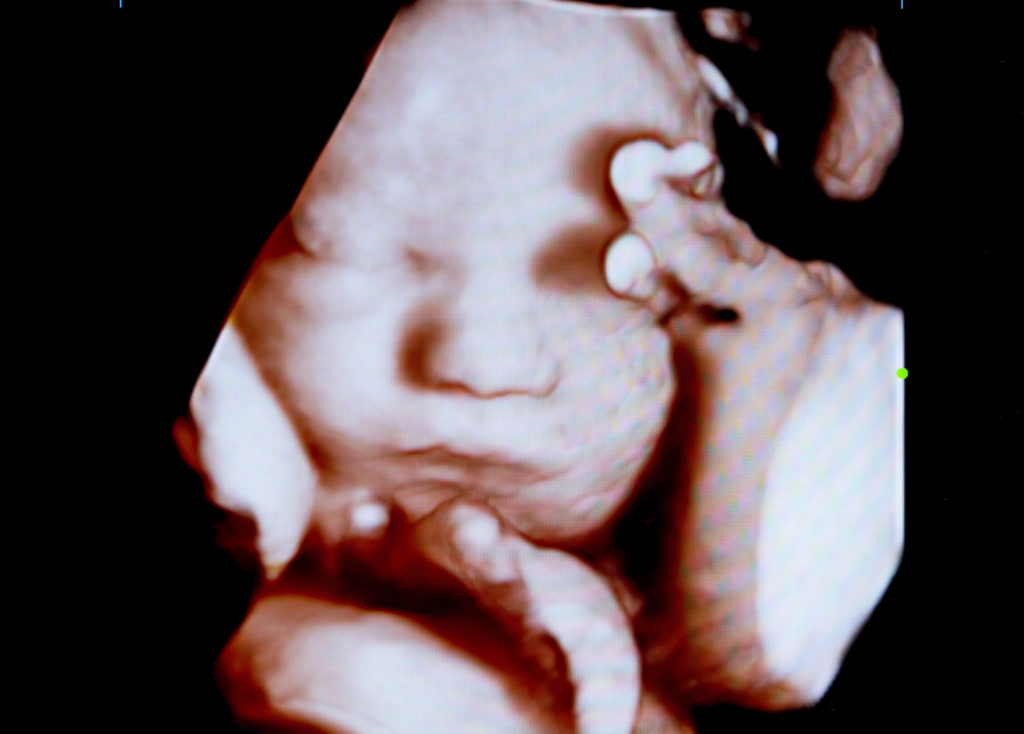
ST. PAUL, Minn. (BP) – Minnesota is the first state to codify abortion as a “fundamental right” after the reversal of Roe v. Wade, joining four states and the District of Columbia where legislative laws affirm abortion rights throughout pregnancy.
Minnesota Gov. Tim Walz signed the Protect Reproductive Options (PRO) Act Jan. 31 after the Minnesota Legislature passed the law Jan. 27. Minnesota joins Colorado, New Jersey, Oregon, Vermont and D.C. where abortion rights are codified throughout pregnancy by acts of the respective legislatures, according to the Guttmacher Institute’s tracking.
Abortion was already legal in Minnesota through the 1995 state Supreme Court Doe v. Gomez decision, but the PRO Act affirms abortion rights that can only be reversed by another act of the legislature.
The Minnesota law is effective immediately and is in stark contrast to neighboring Wisconsin, where abortion has been banned in state law that became effective with Roe’s reversal.
Leo Endel, executive director of the Minnesota-Wisconsin Baptist Convention, serves churches in both states.
“We are disappointed but not surprised. Today, we grieve that our culture has declined to the point that it has lost its ability to sort through its values,” Endel told Baptist Press. “We can no longer distinguish between the competing ideals of human freedom and human responsibility. When our freedom supersedes the value of someone else’s life we are in great peril. When the values of human dignity and life are overshadowed by freedom and choice, the barbarians are at the door.
“Today we grieve,” he said, “but vow to continue the fight for the unborn who, just like us, are eternally valued by God and are created in His image.”
In addition to abortion, the PRO Act codifies contraception, fertility treatments, sterilization, reproductive counseling and other reproductive health care.
Minnesota saw 11,060 abortions performed in the state in 2020, the Guttmacher Institute reported, or 10.2 abortions per 1,000 15- to -44-year-old women. By contrast, Wisconsin saw 6,960 abortions in the same time period, or 6.4 abortions per 1,000 women in that age group, Guttmacher said.
Most abortions are illegal in 14 states, namely Arkansas, Alabama, Georgia (six weeks), Idaho, Kentucky, Louisiana, Mississippi, Missouri, Oklahoma, South Dakota, Tennessee, Texas, West Virginia and Wisconsin. State constitutional amendments in Alabama, Louisiana, Tennessee and West Virginia explicitly deny abortion rights and the use of public funding for such procedures.
Bans in Utah and Wyoming are blocked, the Kaiser Family Foundation reported.
In addition to states codifying abortion, the procedure remains widely available in Alaska, California, Connecticut, Delaware, Illinois, Maine, Maryland, Massachusetts, Michigan and Montana, according to tracking sites. Among those states, California, Michigan and Vermont have secured abortion rights in their state constitutions, Guttmacher reported.























